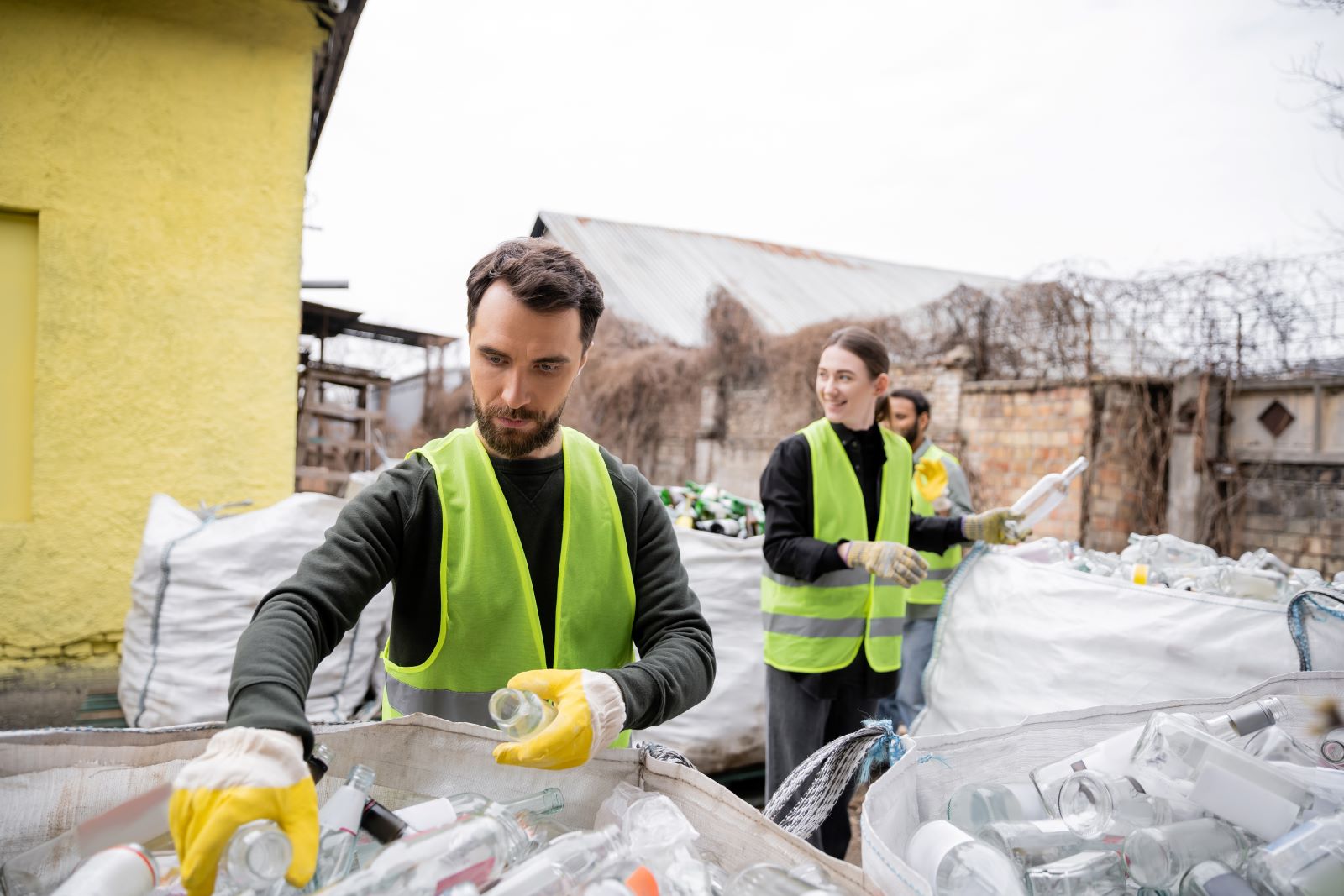Waste Management Training: The Significance
In a world grappling with environmental challenges, waste management training stands out as a critical aspect of sustainability. From industrial facilities to household settings, the proper handling and disposal of waste are paramount. However, effective waste management is not innate skills; they require education, training, and continuous improvement. This article delves into the significance of waste management training and its role in fostering a more environmentally responsible society.
Understanding The Need
Waste management training encompasses a spectrum of knowledge and skills aimed at optimising waste handling processes while minimising environmental impact. Whether it’s learning about recycling techniques, hazardous waste disposal, or waste reduction strategies, training programs provide individuals and organisations with the tools they need to make informed decisions.
Environmental Preservation
The consequences of improper waste management are far-reaching, affecting ecosystems, human health, and natural resources. Toxic chemicals leaching into soil and water, air pollution from incineration, and overflowing landfills are just a few examples of the environmental harm caused by inadequate waste management practices. Training initiatives equip individuals with the knowledge to recognise potential hazards and implement measures to mitigate them. By understanding the principles of waste segregation, recycling, and proper disposal methods, participants can significantly reduce their environmental footprint.
Regulatory Compliance
Governments worldwide enact stringent regulations to address waste management concerns and safeguard public health. Compliance with these regulations is not optional; it’s a legal obligation for businesses and individuals alike. However, staying abreast of constantly evolving legislation can be daunting without proper training.
Waste management training programs help ensure compliance by educating participants about relevant laws, regulations, and best practices. This knowledge empowers organisations to implement effective waste management strategies while avoiding costly fines and penalties associated with non-compliance.
Economic Efficiency
Effective waste management training isn’t just about environmental stewardship; it also makes economic sense. Reducing waste generation, optimising resource utilisation, and implementing recycling initiatives can lead to significant cost savings for businesses and communities.
Training in waste management encourages individuals to adopt a more resource-efficient mind-set, leading to innovative solutions and cost-effective practices. By minimising waste production and maximising resource recovery, organisations can unlock new revenue streams while reducing operational expenses.
Community Engagement
Waste management training is a collective responsibility that extends beyond individual actions. Engaging communities in waste management initiatives fosters a sense of ownership and encourages active participation in environmental conservation efforts.
Training programs serve as catalysts for community engagement by providing individuals with the knowledge and skills needed to take proactive steps towards waste reduction and recycling. From organising clean-up events to advocating for sustainable practices, trained individuals play a pivotal role in driving positive change within their communities.
Continuous Improvement
The field of waste management is constantly evolving, driven by technological advancements, regulatory changes, and shifting societal norms. As such, training is not a one-time event but an on-going process of learning and adaptation.
Continuous improvement in waste management practices requires a commitment to lifelong learning and professional development. Training programs serve as platforms for knowledge exchange, enabling participants to stay updated on emerging trends, innovative technologies, and best practices in the field.
In an era characterised by growing environmental concerns and resource scarcity, effective waste management has never been more critical. Waste management training plays a pivotal role in equipping individuals and organisations with the knowledge, skills, and tools needed to address these challenges proactively.
By promoting environmental responsibility, ensuring regulatory compliance, enhancing economic efficiency, fostering community engagement, and facilitating continuous improvement, waste management training serves as a catalyst for building a more sustainable future. As we strive to create a world where waste is minimised, resources are conserved, and ecosystems are preserved, investing in waste management training is an investment in the well-being of both present and future generations.
Together, we can build a future where waste is minimised, resources are conserved, and our planet thrives. Take action today and be a part of the solution to create a healthier, more sustainable world for generations to come.







